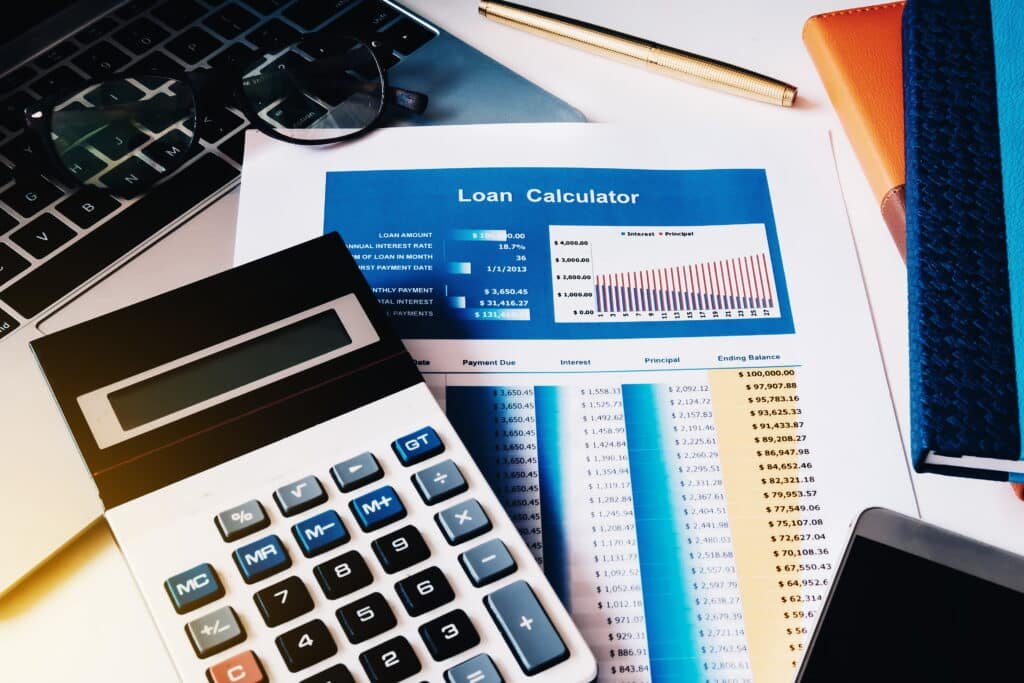
The inability to hurdle financial challenges is one of the primary reasons that businesses shut down. Without proper cash flow management and with restricted access to funding options, enterprises may not be able to fund daily operations. Consequently, they are then unable to sell products or offer services for profit.
If you’re looking to expand your business or if your business is facing unexpected expenses, getting a commercial loan is one of the best options out there. However, before sending out application documents, you should first understand exactly what a commercial loan is and how it works.

Basics Of A Commercial Loan
Commercial loans are also called business loans. This credit instrument is available to businesses and other qualified entities for various organizational needs. In availing of a commercial loan, banks and credit unions will evaluate a borrower’s personal and business performance and status.
A commercial loan may be secured or unsecured, although most banks prefer secured lending, especially if a substantial amount is involved. Under this type, an applicant will have to provide collateral, or any valuable asset, to guarantee repayment. On the other hand, unsecured loans refer to loans that don’t require collateral. All loans, whether personal or commercial, have interest rates included in calculating the monthly repayment fees.
Borrower Qualifications
Different lending institutions may have different requirements, but they look at three things in deciding whether to approve or reject an application. These factors include a robust cash flow, a good credit score, and the borrower’s collateral value.
A bank’s primary concern is the borrower’s capacity to pay for the loan. That’s why they’ll take a look at the owner’s credit history alongside the business’s credit status and cash flow. Collateral is likewise necessary to some lenders; the higher the value of the asset, the better.
Interest Rates
Whether availing of long-term or short-term business loans, every borrower must pay for interest rates that could vary widely depending on the following factors:
- Market performance and situation
- Loan amount
- Type of lending institution
- Borrower’s credit score or history
- Amount of down payment or collateral
- Repayment period
- Borrower’s type of business
Commercial lending rates are often higher than personal interest rates by up to 2% or more. You may want to visit your chosen lending institution’s site, as these sites often feature a free loan calculator. A good rule of thumb is to check out multiple lenders to discover the best deal and lowest interest rate.
Requirements
Applying for a business loan requires more paperwork than getting a personal mortgage. As mentioned, lenders will look at the financial documents of both the business owner and the entity. As such, most financial institutions will ask a borrower for the following:
- Business plan: This document should explain how you want to move forward with your venture and what you expect your earning potential to be.
- Business financial details: Documents must reflect the borrower’s past and existing loans, bank accounts, assets, credit card statements, tax identification numbers, and so on. Audited financial statements may also be required.
- Personal financial details: Lenders will evaluate a borrower’s data, which could include social security details, assets, liabilities, credit cards, and other personal loans. As an indicator of financial status, banks will also require copies of previous tax returns, insurances, and similar types of documents.
Non-Traditional Commercial Lenders
While possible, it can be highly challenging to get approved for a commercial loan if you’re still starting out and have a bad credit score. If you’re not in a hurry to access additional funds, consider working on your credit history first.
In addition, you may apply for a commercial loan through the following:
- Government-backed loan programs: These lending channels are often less stringent than some banks. Businesses can also enjoy lower interest rates if they get approved. Even better, some agencies offer business grants to qualified companies, so you may not have to pay them back.
- Peer-to-peer (P2P) lending: As an alternative financing option, peer-to-peer lending is an online platform that connects borrowers to lenders. You will have to sign in or register to an app and discuss your business plan, especially your products and services. Lenders will decide whether they want to ‘invest’ in your product by donating or pledging a certain amount once your product becomes available. One drawback of this option is that you’re not guaranteed to get the exact amount you want, and it may not be the best choice if your business’s financial needs are time-sensitive.
Wrapping Up
Before getting a commercial loan, you should ensure that you have the essential information, such as interest rates, requirements, qualifications, and types of lenders. This will help you prepare better and increase your chances of getting approved.
Besides gathering all the necessary documents, make sure you have good business performance and credit score. Build your business’s credit reputation early on so lenders will have a clear basis when evaluating it in the future.
